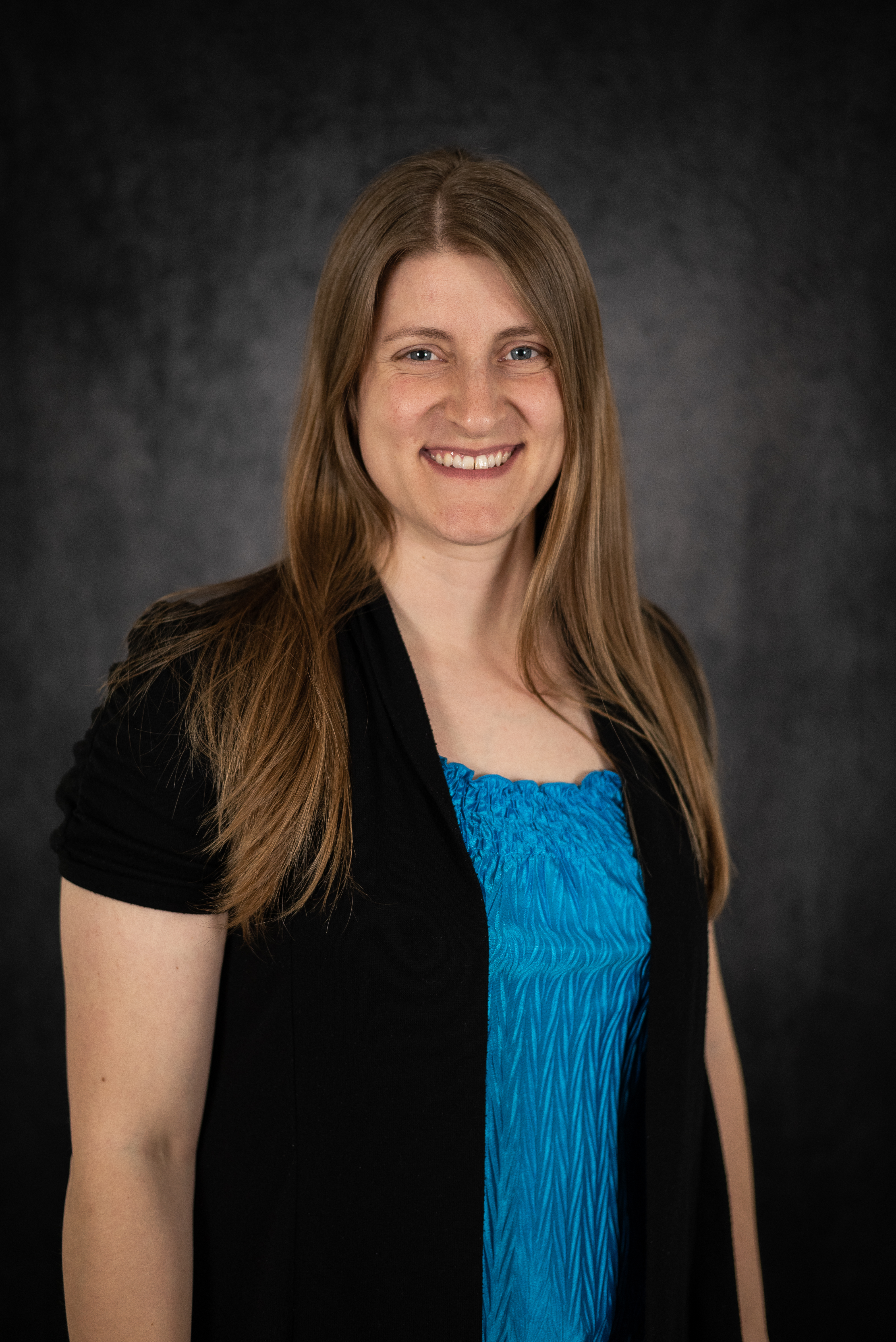This quarter, Ag Innovation News (AIN) highlights AURI’s first-term Board Director, Minnesota Wheat Research & Promotion Council member Mikayla Tabert. In this edition of AIN’s Board Q&A, Tabert shares her experience with regenerative farming practices and plans for best serving Minnesota farmers.
Q: Please tell our readers a little about your background.
I grew up on the farm where my husband and I currently farm with my parents in Red Lake Falls, MN. My dad switched the operation to no-till and strip-till when I was born, and we also raised beef cattle. I completed my undergraduate degrees in Animal Science and Crop & Weed Science at North Dakota State University (NDSU) and returned to the farm. We have slowly added more uses of cover crops, phased out strip tillage, and expanded to a more diverse crop rotation. I also completed an M.S. in Plant Sciences from NDSU while farming. My husband Benjamin and I have two children, Liam (4) and Thea (2). I have been a director of the Minnesota Wheat Research & Promotion Council (MNWRPC) since 2020 and am also a member of the Minnesota Association of Wheat Growers, the Minnesota Soybean Growers Association, the Minnesota Corn Growers Association, and the Northwest Stockmen’s Association.
Q: Why did you want to join AURI’s board of directors?
As treasurer of MNWRPC, I have seen how crops such as wheat have struggled to be profitable options for farmers. The bottom line continues to pressure farmers into less sustainable cropping systems, such as two-crop rotations, increased tillage, and an increase in farm inputs. I hope to add value to crops like wheat to reverse this trend and improve farm sustainability and net profitability.
Q: What do you think is the biggest challenge facing farmers today?
I think the widening divide between the farmers and the end consumers is a big challenge. Farmers feel the pressure from the public to farm differently, but the problem is that the consumer is generally unwilling to pay the premium needed to cover the financial cost and risk of changing practices. Without the two sides listening to each other to find agreeable terms, little progress can be made.
Q: How can Minnesota best support its agricultural industry?
The investment the Minnesota State Legislature makes in AURI is invaluable, and the dollar impact it makes for every dollar spent impresses me! I think it is a balance of considering the agricultural products already produced and how to enhance that, paired with new products that have the potential to increase farm profitability and environmental sustainability.
Q: What are your goals as a new board member?
I still have so much to learn! My hope is to represent wheat and the Minnesota agricultural sector as a whole to help discern meaningful ways to add value to the state’s agriculture. AURI also has a bold and exciting strategic plan that I look forward to helping bring to reality.
Q: Which ag-related issues are most important to you?
With my no-till background, I am definitely a soil health junkie! I have worked with many farmers and understand the difficulty in making changes, but all farmers know that we wouldn’t have a job without the soil. I have a passion for helping other farmers make changes that help their farm’s overall profitability and environmental sustainability. That may include adding in a third crop, such as wheat, or integrating cover crops to stop erosion. Every operation is different, and it is neat to learn about and think critically about what can move the needle positively.
Q: What is something people would be surprised to learn about you?
I am musically inclined! I don’t have much time for hobbies at my current life stage, but when I do, I enjoy playing piano and guitar and am (slowly) learning the violin.
